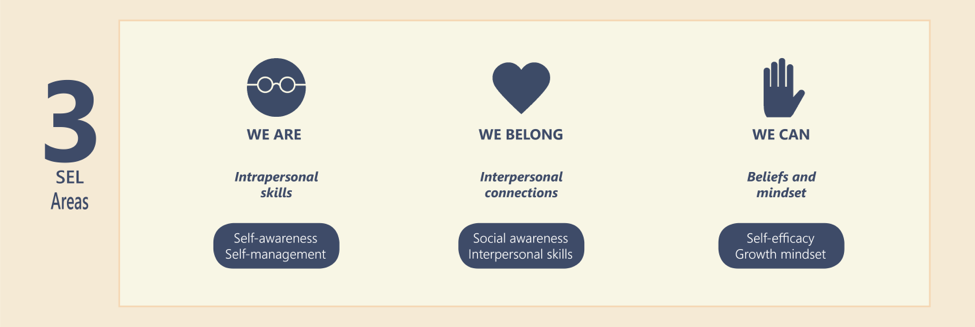“It turns out that the learning that happens in the 80% of waking hours that are spent out of school (between the ages of 5-18) has as much to do with achievement gaps that show up in school as anything in the school. We can’t expect a 20% solution to solve 100% of the problem; we’ve got to address the inequalities of enrichment and stimulating activities outside of school.”
– Professor Paul Reville, Harvard University Graduate School of Education / Education Redesign Lab
Because they understand the importance of out-of-school activities, families with resources pay for classes, sports, and camps so their children continue to advance in the 80 percent of time they are not in school. They know the exposure, skills, and experiences are essential for their children’s academic, social and emotional development. In fact, over the last 40 years, upper-income parents have increased the amount they spend on their children’s enrichment activities, like tutoring and extracurricular programs, by 10 times the amount of their lower-income peers. Students from low-income families have increasingly less access to engaging activities, new experiences, and caring adults outside their families, and fewer opportunities to build social and emotional skills. This unequal access has contributed to a widening opportunity gap, with immediate consequences for academic achievement and long-term consequences for success in work and life.
Fortunately, there is a resource—though often overlooked—to address this opportunity gap. Free or low-cost expanded learning programs (that take place after school and in the summer) can offer an additional 690 hours (or 115 days) of learning time.
Expanded learning programs focus on providing children and youth with a safe and positive environment where social and emotional learning is intentionally embedded into activities, relationships, and experiences. In 2010, a seminal report, A meta-analysis of after-school programs that seek to promote personal and social skills in children and adolescents (Durlak, Weissberg, & Pachan), demonstrated that high-quality expanded learning programs create the environments, opportunities, and connections that build social and emotional skills in children and youth. In 2014, California adopted Quality Standards for Expanded Learning Programs, a set of practices that quality programs are implementing and that align with social and emotional learning. These standards describe strategies for creating a safe and supportive environment, promoting active and engaged learning, building students’ skills, encouraging youth voice and leadership, promoting diversity, access, and equity, and teaching students about healthy choices and behaviors.
A recent brief, Expanding Learning: A Powerful Strategy for Equity, developed by the Partnership for Children and Youth (PCY) in partnership with Policy Analysis for California Education (PACE), details the issue of unequal learning time, and describes why and how California’s local education leaders are mobilizing expanded learning to close the opportunity gap. Since its implementation over a decade ago, California’s network of after-school and summer programs has grown to 4,500 school sites, serving over 860,000 of the state’s highest need children and youth. While California’s investment is the largest in the nation, other states are also using local, state, and federal resources to make sure expanded learning programs are available to children whose families can’t afford to pay for them.
Educators, advocates, and policymakers interested in social and emotional learning should be concerned about the 80 percent of time spent out of the classroom, and the growing divide between how upper and lower-income students spend their non-school hours. Free and affordable expanded learning programs have the potential to close this divide, by providing youth of all income levels access to full day, year-round opportunities to build their social and emotional skills, setting them up for future success.
For more about how expanded learning programs directly support social and emotional outcomes, see our brief, Student Success Comes Full Circle, and infographic which define the social and emotional outcomes that expanded learning programs are particularly well-positioned to support. The three easy-to-remember outcome areas include We Are (intrapersonal skills), We Belong (interpersonal connections), and We Can (beliefs and mindsets).



